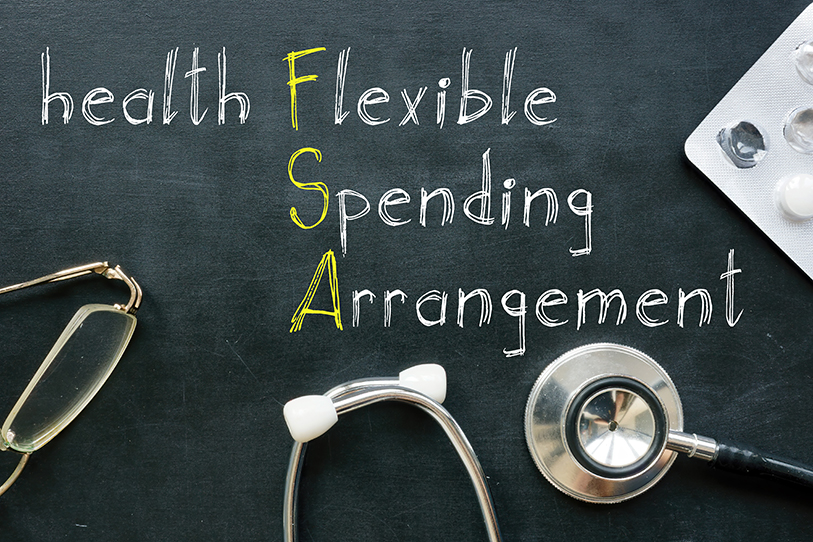Open enrollment season is here, which means employees can elect or change their employer-offered benefits, such a health, vision and dental insurance, and start planning how they can use their employer’s health flexible spending arrangements (FSAs), also referred to as flexible spending accounts.
For the 2021 tax year, employees may contribute up to $2,750, which is the same as 2020. Employees who want to contribute to an FSA must make that choice for 2021, even if they contributed in 2020. Self-employed individuals are not eligible.
Eligible employees need to decide how much to contribute through payroll deductions before the plan year begins, and because FSAs include a use-or-lose provision, employers are encouraged to remind their employees to only contribute what they truly think they’ll spend — otherwise employees’ unspent funds will be forfeited.
Throughout the year, employees can use the FSA funds to pay qualified medical expenses not covered by their health plan, including co-pays, deductibles, and a variety of medical products and services ranging from dental and vision care to eyeglasses and hearing aids. Interested employees should check with their employer for details on eligible expenses and claim procedures.
Under the previously mentioned use-or-lose provision, participating employees must incur eligible expenses by the end of the plan year or risk forfeiting any unspent amounts. However, employers may choose to offer participating employees more time through either the carryover option or the grace period option:
- Under the carryover option, an employee can carry over up to $550 of unused funds to the following plan year — for example, an employee with $550 of unspent funds at the end of 2020 would still have those funds available to use in 2021. This is an increase of $50 from 2020.
- Under the grace period option, an employee has two and a half months after the end of the plan year to incur eligible expenses — for example, with a plan year ending on December 31, 2021, an employee would have until March 15, 2022 to use funds.
Employers can offer one of these two options, or neither. Employers are not required to offer FSAs, but if they do, they may also contribute to their employees’ FSAs. Interested employees should check with their employer to see if the employer offers an FSA. Amounts contributed are not subject to federal income, Social Security or Medicare tax. More information about FSAs can be found in Publication 969, Health Savings Accounts and Other Tax-Favored Health Plans.
CalChamber members can read more about “Flexible Spending Accounts” under Health Saving Account in the HR Library. Not a member? See how CalChamber can help you.


